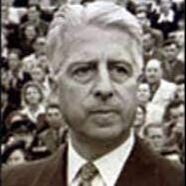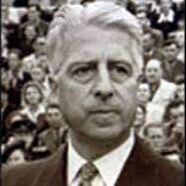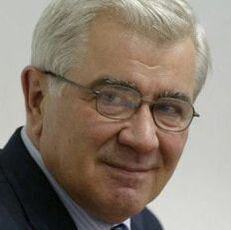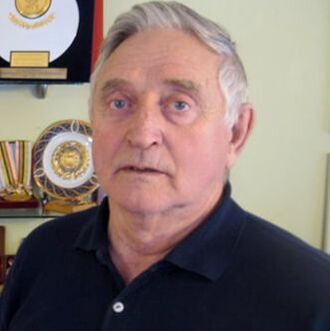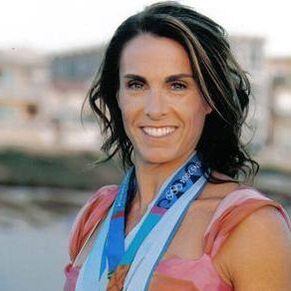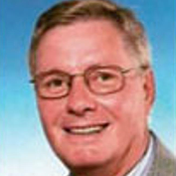BIOGRAPHY
Without the efforts of Paul Libaud, the rise of the game of volleyball to a global sport would not have been possible.
Libaud’s greatest contributions to the game of volleyball came off the court as he spearheaded volleyball’s transformation into one of the most popular participatory sports in the world. In leading the efforts to include volleyball as an Olympic sport, Libaud knew that a strong international volleyball organization had to first be in place. And so as president of the French Volleyball Federation, Libaud first met at the Graf Coffee House in Prague with representatives of the Polish and Czech Volleyball Federations to discuss the sport of volleyball’s potential future. Written declarations of support were sent by four other volleyball federations - Italy, Yugoslavia, Romania and Belgium - and an "autonomous Volleyball commission" naming Libaud as vice- president was formed.
The main aim of this commission was to lay the foundations of an international volleyball federation, but the commission also sought to give as much publicity as possible to volleyball in all countries, to create a unified set of rules of the game using as its basis the American rules. They also sought to organize the European and World Championships in Prague, and to try to get volleyball included on the program of the Olympic Games, and so they scheduled a Constitutive Congress to be held in 1947 in Paris to address these issues.
The Volleyball Congress was held in Paris in 1947, with the participation of the National Federations of Belgium, Brazil, Czechoslovakia, Egypt, France, Netherlands, Hungary, Italy, Poland, Portugal, Romania, Uruguay, United States and Yugoslavia, and the Fédération Internationale de Volleyball was established. Libaud was elected the FIVB’s first president, a position he would hold for 37 years until passing the torch to Dr. Ruben Acosta at the World Congress in 1984.
During his tenure, the FIVB grew from the original 14 members to over 150 members in 1984, distributed over the five continents. Libaud is also credited with the establishment of the FIVB Men’s World Championship in 1949 and the FIVB Women’s World Championship in 1952. However, his greatest achievement is largely considered to be his succeeding in getting Olympic recognition for the sport of volleyball, with the inclusion of both men and women’s volleyball at the 1964 Olympics. After his retirement, Libaud was awarded the International Olympic Committee's Olympic Order and given the FIVB title President Emeritus. He was awarded the International Fair Play prize in 1984 from the International Committee for Fair Play for his efforts in promoting the sport and education of volleyball.
Libaud’s greatest contributions to the game of volleyball came off the court as he spearheaded volleyball’s transformation into one of the most popular participatory sports in the world. In leading the efforts to include volleyball as an Olympic sport, Libaud knew that a strong international volleyball organization had to first be in place. And so as president of the French Volleyball Federation, Libaud first met at the Graf Coffee House in Prague with representatives of the Polish and Czech Volleyball Federations to discuss the sport of volleyball’s potential future. Written declarations of support were sent by four other volleyball federations - Italy, Yugoslavia, Romania and Belgium - and an "autonomous Volleyball commission" naming Libaud as vice- president was formed.
The main aim of this commission was to lay the foundations of an international volleyball federation, but the commission also sought to give as much publicity as possible to volleyball in all countries, to create a unified set of rules of the game using as its basis the American rules. They also sought to organize the European and World Championships in Prague, and to try to get volleyball included on the program of the Olympic Games, and so they scheduled a Constitutive Congress to be held in 1947 in Paris to address these issues.
The Volleyball Congress was held in Paris in 1947, with the participation of the National Federations of Belgium, Brazil, Czechoslovakia, Egypt, France, Netherlands, Hungary, Italy, Poland, Portugal, Romania, Uruguay, United States and Yugoslavia, and the Fédération Internationale de Volleyball was established. Libaud was elected the FIVB’s first president, a position he would hold for 37 years until passing the torch to Dr. Ruben Acosta at the World Congress in 1984.
During his tenure, the FIVB grew from the original 14 members to over 150 members in 1984, distributed over the five continents. Libaud is also credited with the establishment of the FIVB Men’s World Championship in 1949 and the FIVB Women’s World Championship in 1952. However, his greatest achievement is largely considered to be his succeeding in getting Olympic recognition for the sport of volleyball, with the inclusion of both men and women’s volleyball at the 1964 Olympics. After his retirement, Libaud was awarded the International Olympic Committee's Olympic Order and given the FIVB title President Emeritus. He was awarded the International Fair Play prize in 1984 from the International Committee for Fair Play for his efforts in promoting the sport and education of volleyball.
CLASS OF 2009
|
|
|
|

